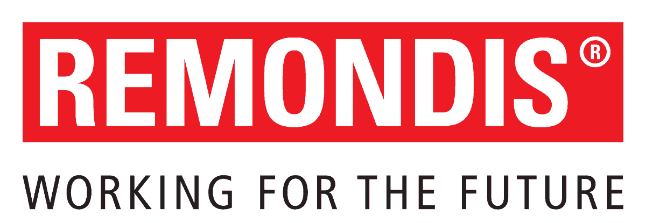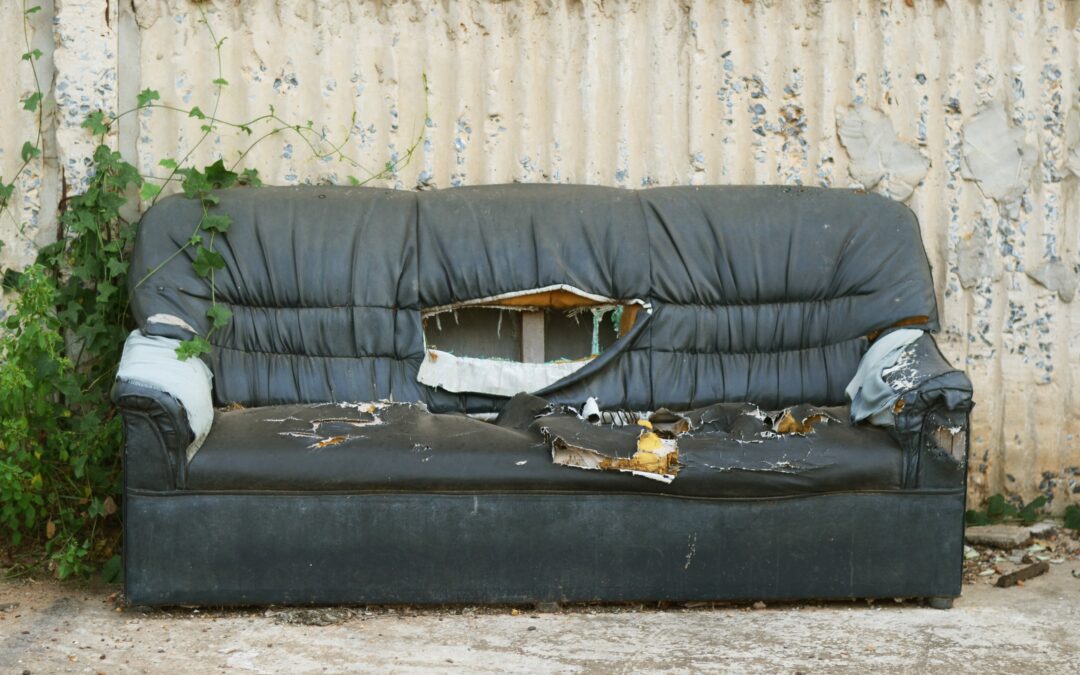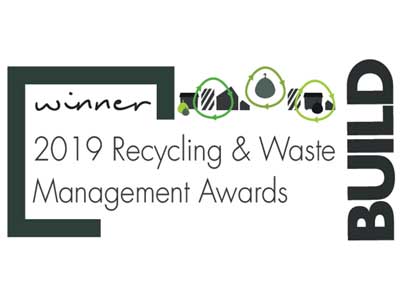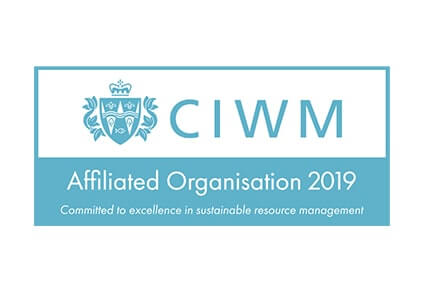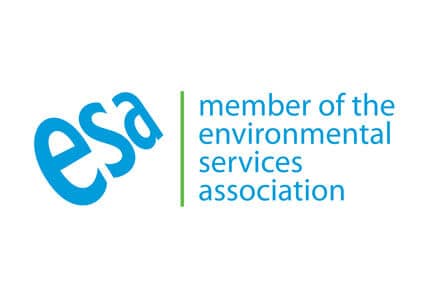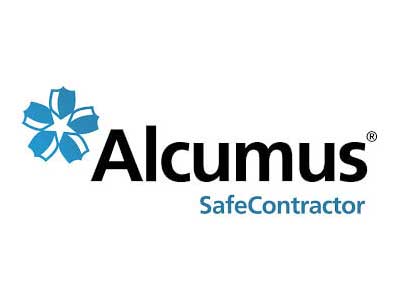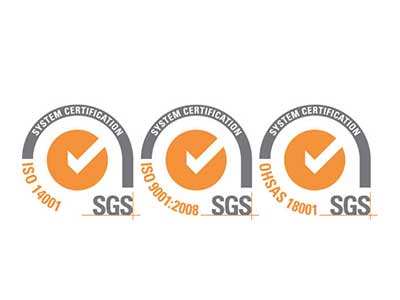Persistent Organic Pollutants, or POPs as they are also known, are organic compounds with toxic properties. These chemical substances do not break down and they pose a risk to human health and the environment, as they are spread through air, water and wildlife.
These persistent organic pollutants are found in waste such as upholstered domestic seating including armchairs, office chairs and soft furnishings, and electricals.
On 1 January 2023, The Environment Agency set new compliance procedures for the storage and disposal of POPs waste. These aligned that both domestic and commercial settings must ensure that waste containing POPs is managed properly and disposed of safely in line with the POPs regulation.
Read on below for our guide to persistent organic pollutants, some of the common items containing POPs, and how to dispose of waste containing POPs properly.
What Are Persistent Organic Pollutants?
Persistent Organic Pollutants are highly hazardous chemical substances that threaten both human health and the environment. More specifically, these POPs are substances that:
- Will remain intact for exceptionally long periods,
- Are widely distributed throughout the environment through natural processes such as soil, water and air,
- Accumulate in living organisms including humans, found in much higher concentrations higher up the food chain,
- Are toxic to both humans and wildlife.
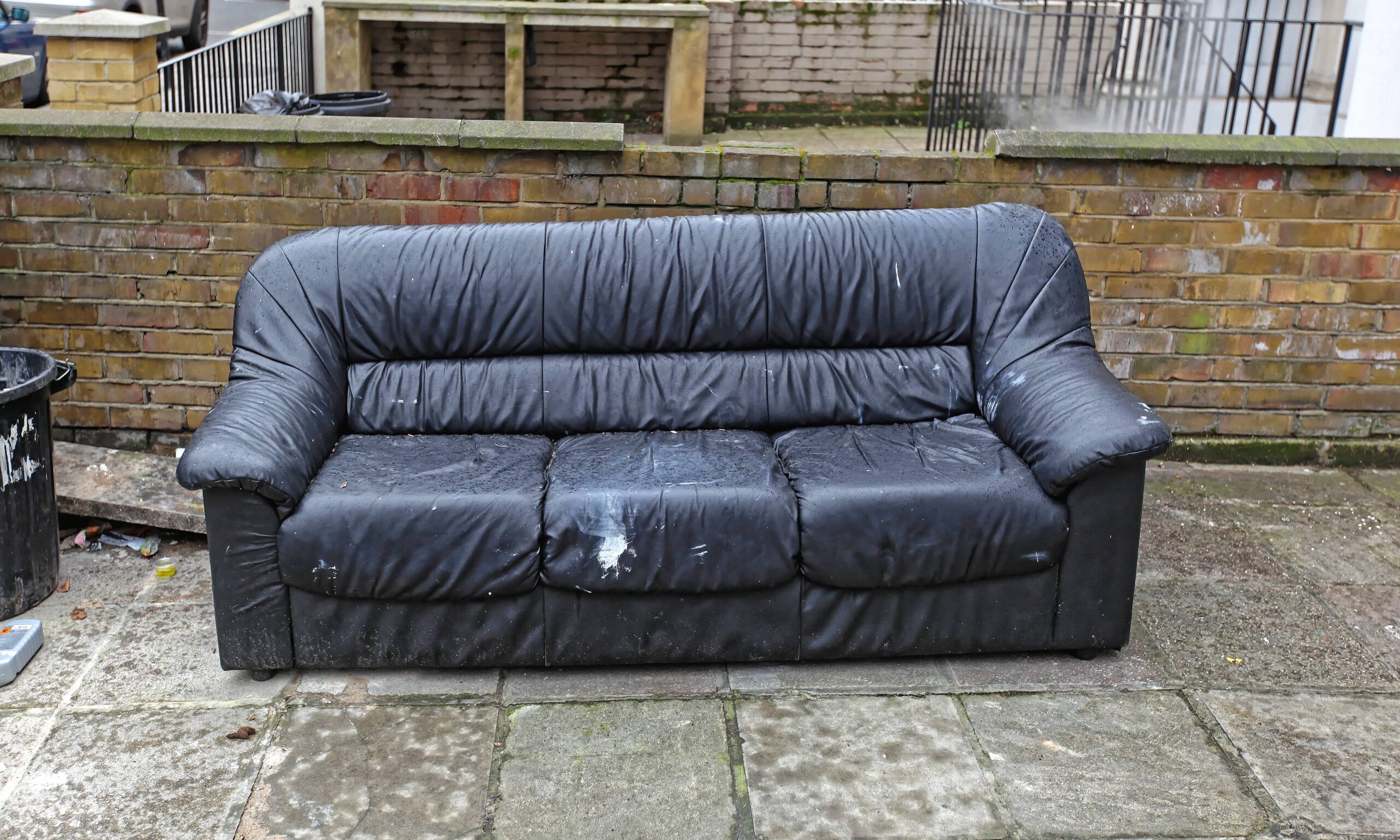
What Are Some Examples of Waste Containing POPs?
Historically, POPs were used in the manufacturing process of upholstered domestic seating including sofas, sofa cushions, dining room chairs and armchairs. More specifically, any domestic seating containing foam padding, synthetic leather or textiles.
Typically, these POPs are present in materials using decabromodiphenyl ether, which is a flame-retardant chemical. Other common industrial chemicals classed as POPs include pesticides such as dichlorodiphenyltrichloroethane, polychlorinated biphenyls and terphenyls.
Some electronic equipment may also contain POPs. This includes office equipment such as photocopiers and printers, printed circuit boards and cables.
Manufacturers collectively stopped using materials containing POPs between 2002 and 2011 with an aim to protect human health, however, there are concerns that these materials were used in imported furniture up until as late as 2019.
What Waste Is Exempt From POPs Regulations?
The following items are unlikely to be found to be containing POPs:
- Un-upholstered domestic seating including wooden chairs without cushioned or textile backs, seats or arms
- Deckchairs
- Wastes from manufacturing new domestic seating where the manufacturer can demonstrate zero POP content.
Mattresses, curtains, blinds and beds are not domestic seating and are covered by their own legislation. For any waste that you are not sure whether it contains POPs or exceeds concentration limits, you can have the material analysed to find out for sure.
How Do I Properly Dispose of Persistent Organic Pollutants?
In August 2022, the Environment Agency directly issued local authorities guidance on the collection and disposal of upholstered domestic seating due to the risk of containing Persistent Organic Pollutants.
This stated that from 1st January 2023, waste domestic seating must not be:
- Landfilled,
- Mixed with other waste types that do not contain POPs,
- Re-used or recycled.
When disposing of waste containing POPs, the POP content must be destroyed or irreversibly transformed to ensure that it is no longer harmful. Waste containing POPs can also be incinerated in a safe environment for energy recovery.
To properly dispose of POPs waste, you must send it to an authorised treatment plant or an authorised disposal or recovery site. Check with your local authority to see if your local household waste recycling centre will take this waste.
Any businesses with POPs waste must arrange professional commercial waste collection using a licenced waste carrier.
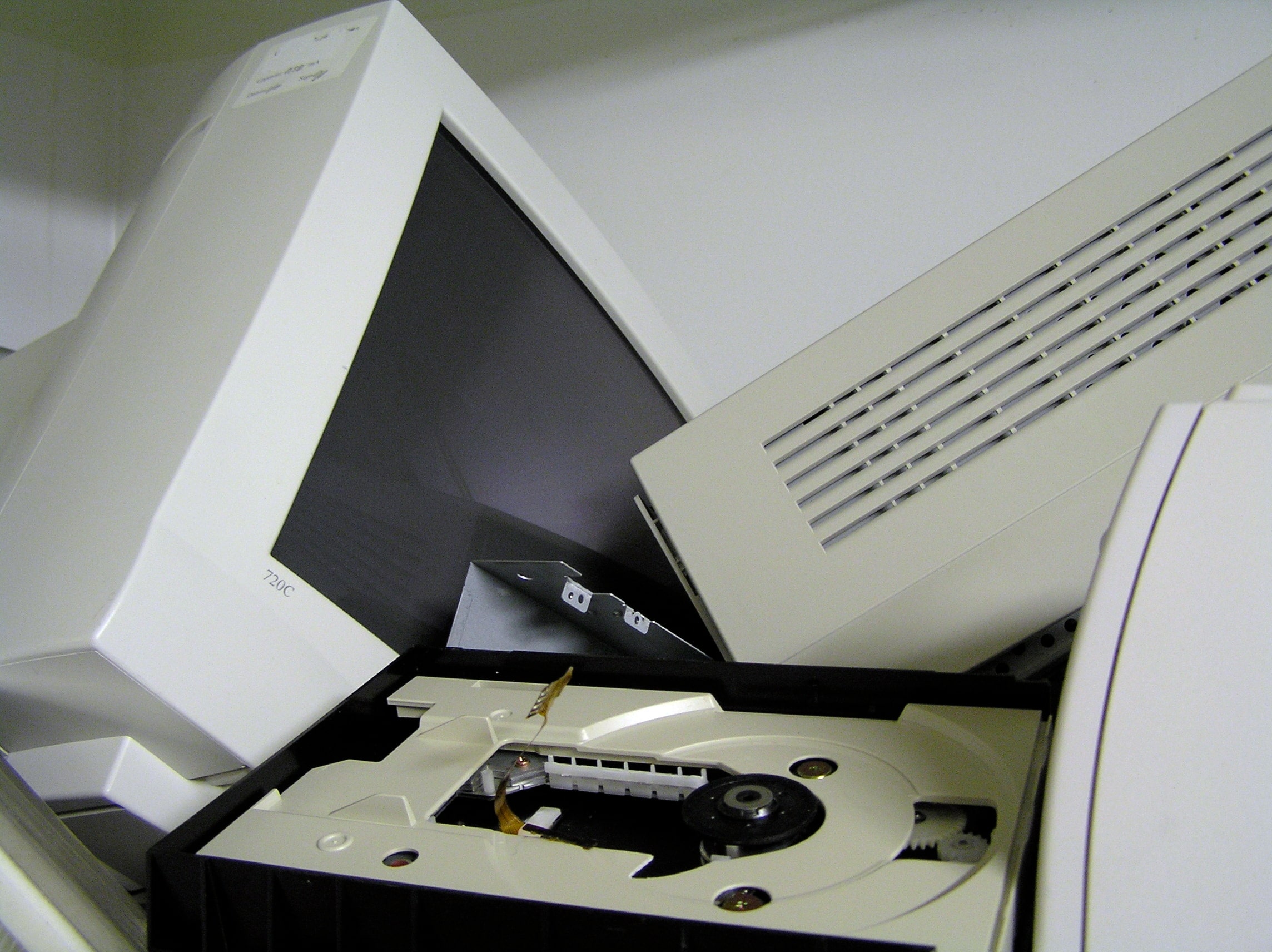
Why Is It Vital To Comply?
Waste upholstered domestic seating must be disposed of properly down to:
Legal Implications
In the UK, using, producing and releasing POPs is completely regulated under the Stockholm Convention on Persistent Organic Pollutants. The UK is party to the Stockholm Convention and therefore, is obligated to implement these provisions in its domestic legislation, including implementing these strict measures on disposal.
Should these regulations be violated, measures are enforceable by law. The Environmental Agency, Health and Safety Executive and DEFRA will enforce these legislations and individuals or companies found violating them will be prosecuted.
Environmental and Health Implications
POPs can also be present in pesticides and industrial chemicals as they are formed as unintentional by-products of chemical industrial processes such as combustion.
Everyone will carry these POPs in fatty tissues, and so will wildlife. They are also in everyday food chains, especially fish, meat, butter and cheese.
Therefore, it is vital to minimise contaminations as much as possible.
A licensed waste carrier will be able to remove your waste containing POPs and ensure that it is disposed of responsibly. Make sure to contact REMONDIS online, or call us to speak to one of our friendly team members for more advice on POPs waste.
